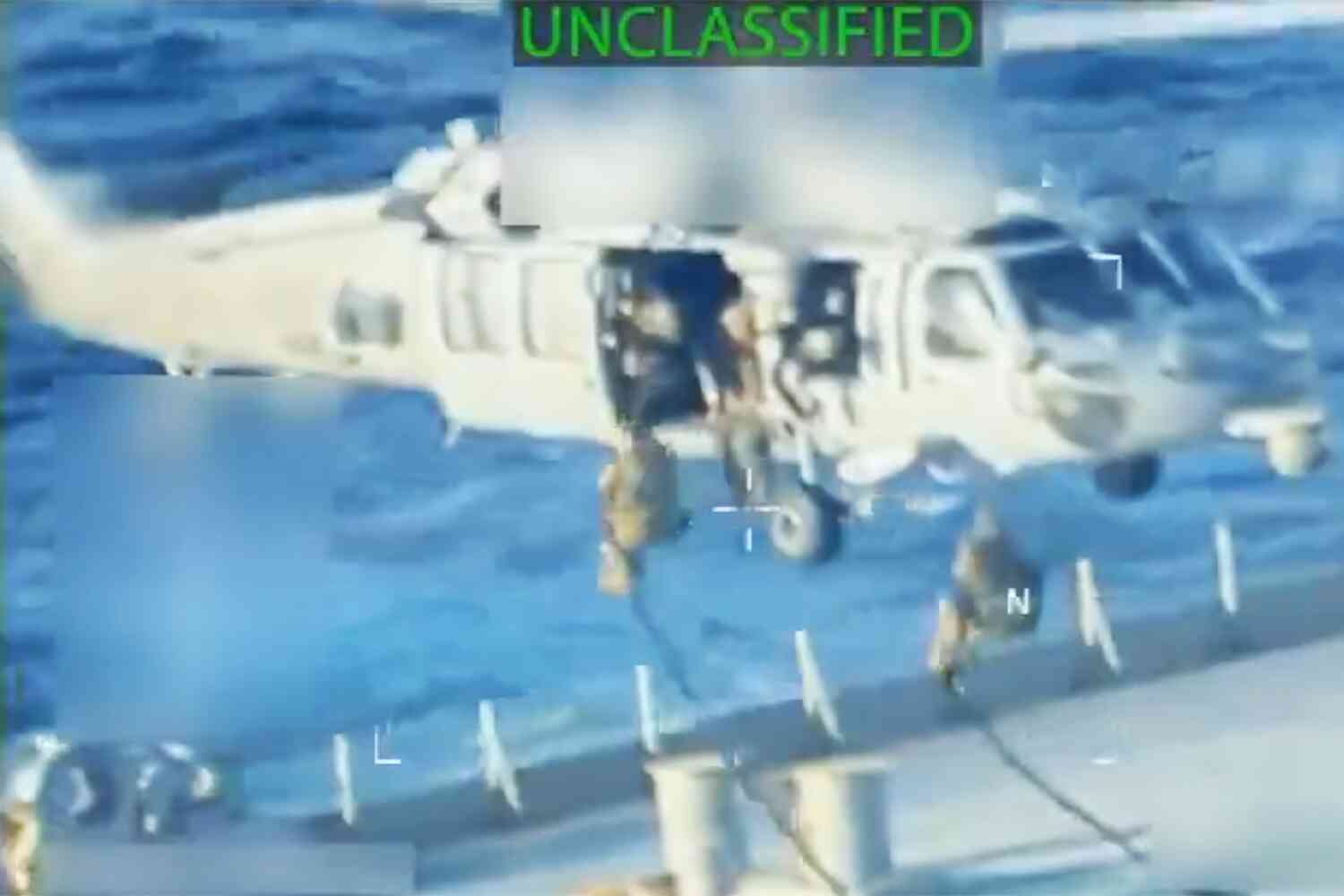You wouldn't think you'd need legislation protecting parents from criminal prosecution for allowing their kids to play outside absent the kind of supervision once reserved for prisoners on suicide watch, but that's probably because you're one of those neglectful parents who neglectfully permitted your child to grow up and become an emotionally well-adjusted adult.
What are parents thinking these days?
Take this example, used in part to push similar legislation in Nevada.
Last summer my wife was home with our younger children in our safe, upper middle class, secluded neighborhood among the pines of the Sierra Nevadas along a dead end street. Our 8-year-old asked if he could go collect rocks (for his collection) down the street – a distance of about 600 yards. My wife was on the phone with her mother catching up and granted him permission. His older brother (age 10) asked to go as well and together, the two walked down the quiet, dead-end, residential street.
You know what happened next, they were followed by a creepy old man, just like Nancy Grace always warned us about!!
An older, well-intentioned neighbor (whom we have not met), noticed them and followed them down the street to the small wash where they were going to collect rocks. After observing them, he soon offered them some lunch – to which they replied "no thanks, we don't take food from strangers." Then, after growing uncomfortable with a stranger watching them, they proceeded home.
Responsible children, acting responsibly and doing the right thing.
That's why they must be punished for their wanton maturity.
And that was just what the creepy old man was waiting for, but instead of abducting the children himself, he did them one better.
He called the authorities so they could abduct them for him.
Sure, it's still traumatic, but better hysterical than sorry!
But before they made it back, the fire department arrived having received a call from this same concerned neighbor to check on a report of "unsupervised children."

By then, my wife had finished her phone call and walked outside to check on the boys. Surprised, she noticed two firemen walking up the street with the boys.
Were her children on fire?! Oh no! She should never have let them go out alone...
Wait a second.
They kindly explained what happened and apologized but proceeded to report that they had to legally report to the Sheriff Office and that we might be receiving a follow up call or visit from CPS [Child Protective Services].
They kindly explained what happened and then kindly turned them into the authorities.

Here are some examples from a few years ago, just to give you a real flavor of it.
In suburban Virginia..."I allowed all four of my children (they were all together) to go play in the field adjacent to my house. I could literally see them outside my kitchen window. My ten-year-old ran home to tell my husband and I that a cop had stopped and was interrogating my oldest daughter… No, this was not after dark, it was at 4 p.m. on a Saturday. So my husband walked out to see what was going on, and the police officer even wrote up a report, stating that the children were left outside unsupervised."
In Manchester, Connecticut, a mother was charged by prosecutors with putting her two children, ages seven and eleven, at risk of injury for sending them out alone to walk down the street to get a pizza. This abominable crime, which used to be referred to as "running an errand," occurred during daylight hours and required the two youngsters to walk about a half-mile from their home.
A suburban Pittsburgh father of two children, ages six and nine, was arrested and charged with child endangerment for letting his kids play unattended at a neighborhood park for approximately two hours while he did some shopping and showered at a nearby fitness club.
And it's still going on.
As if parents don't have enough to worry about in the midst of a pandemic, last week, I got a terribly upsetting email from a dad who wrote to say that Child Protective Services, or CPS, had come to investigate him.
Not because his kids weren't social distancing. Not because of any beatings or starvation or deliberate exposure to dangerous germs. He was being investigated for allowing his kids, ages 6 and 3, to play on their own front lawn.
What is this all about?
In just a few generations, what's known as a child's "habitat," the area in which children can roam unsupervised, has shrunk dramatically.
One of the best illustrations of this was prepared some years ago in the UK which documented this shrinking freedom zone through four generations.
How children lost the right to roam in four generations
By DAVID DERBYSHIRE
When George Thomas was eight he walked everywhere.
It was 1926 and his parents were unable to afford the fare for a tram, let alone the cost of a bike and he regularly walked six miles to his favourite fishing haunt without adult supervision.
Fast forward to 2007 and Mr Thomas's eight-year-old great-grandson Edward enjoys none of that freedom.
In less than a century, a child's habitat went from being measured in miles, to yards.
1919: Six miles.
1950: One mile.
1979: Half mile.
2007: 300 yards.
Why?
Much of it is misplaced fear. Fear of abductions, as much as anything. Fear is a great motivator, an incredibly useful mechanism for limiting freedom as we have learned, yet again, during Covid.

But kids are in fact at very little risk, similar to the chances of getting struck by lightning, that they will be the subject of the typical parental nightmare of being snatched off the street by a stranger.
Kids could also hurt themselves. Yes, they could. Before I was ten I'd gotten stitches twice, broken a bone, and had a concussion.
Okay, so I'm clumsy.
But with those mishaps I learned not just caution, but also learned to manage fear, risk, and develop other coping skills necessary for me to become an adult.
What happens when we don't permit our children to do those things? We get this:
One day last year, a citizen on a prairie path in the Chicago suburb of Elmhurst came upon a teen boy chopping wood. Not a body. Just some already-fallen branches. Nonetheless, the onlooker called the cops.
Officers interrogated the boy, who said he was trying to build a fort for himself and his friends. A local news site reports the police then "took the tools for safekeeping to be returned to the boy's parents."

I had a machete by the time I was 13. We routinely chopped wood and built forts (I grew up in a small town). We built them in trees. We built them underground. We were basically teenage contractors urbanizing the woods surrounding our houses one rickety unsafe structure at a time.

Elsewhere in America, preschoolers at the Learning Collaborative in Charlotte, North Carolina, were thrilled to receive a set of gently used playground equipment. But the kids soon found out they would not be allowed to use it, because it was resting on grass, not wood chips. "It's a safety issue," explained a day care spokeswoman. Playing on grass is against local regulations.
Grass.

Our playground rested on asphalt. Guess what? When you're hanging upside down above asphalt, you learned to be careful.
More importantly, you learn there are consequences when you aren't. You definitely understand that the world is not a big rubber room that can't hurt you.
And that's part of the paradox. Kids are told to be afraid of everything, and yet their lives are structured to suggest they don't need to be, because someone or something or some mechanism will save them from their own poor decisions.
And then there was the query that ran in Parents magazine a few years back: "Your child's old enough to stay home briefly, and often does. But is it okay to leave her and her playmate home while you dash to the dry cleaner?" Absolutely not, the magazine averred: "Take the kids with you, or save your errand for another time." After all, "you want to make sure that no one's feelings get too hurt if there's a squabble."
We started leaving my kid home alone, briefly, when he was eight. We made sure he was okay with that first. That's how you know they have the maturity to handle it. To this day I routinely go over what he should do in various emergencies. He's ready for that, and in an incremental way, for the world.
The principle here is simple: This generation of kids must be protected like none other. They can't use tools, they can't play on grass, and they certainly can't be expected to work through a spat with a friend.
And this, it could be argued, is why we have "safe spaces" on college campuses and millennials missing adult milestones today. We told a generation of kids that they can never be too safe—and they believed us.
Parents are pushing back, and have the legislation to prove it. The first state was Utah back in 2018.
When I read sentences like this, it all seems so silly. Did this really have to be said?
A new law legalizing free-range parenting will soon take effect in Utah allowing children to do things alone like travelling to school.
The bill redefines "neglect" in Utah law so that kids can participate in some unsupervised activities without their parents being charged, a representative from the state confirmed to ABC News Monday.
And of course, Oklahoma and Texas have since followed as mentioned earlier, with Nevada likely close behind.
As encouraging as these successes are for the "Free Range" movement, it's a very small start, in a few select states. Utah, Oklahoma, Texas, and Nevada. Red states all.
But it is a start. The problem is the state has a vested interest in creating perpetual children, who even as adults have grown accustomed to being protected by others, provided for by others, taking orders from others. The transition from being children of their parents to being children of the state is an easy one, and for too many, desirable.
Yes, the world is dangerous, bad things can happen. That's why we need to prepare our children for it, let them out into it, and pray for the best. Because if we don't, we are sure to get the worst.









